Ongoing: Subjective Atlas of Bosnia Herzegovina
〰️
Ongoing: Subjective Atlas of Bosnia Herzegovina 〰️
Subjective Atlases are bottom-up cartographic publications mapping a country, region or city by the inhabitants themselves. Subjective Editions is the publishing platform that develops participative production processes and distributes these engaged publications. We support communities in mapping their environments from the inside out, starting from a place-based understanding, and grounded in lived experiences.
Subjective atlases are bottom-up cartographic publications mapping a country, region or city by the inhabitants themselves
〰️
Subjective atlases are bottom-up cartographic publications mapping a country, region or city by the inhabitants themselves 〰️





















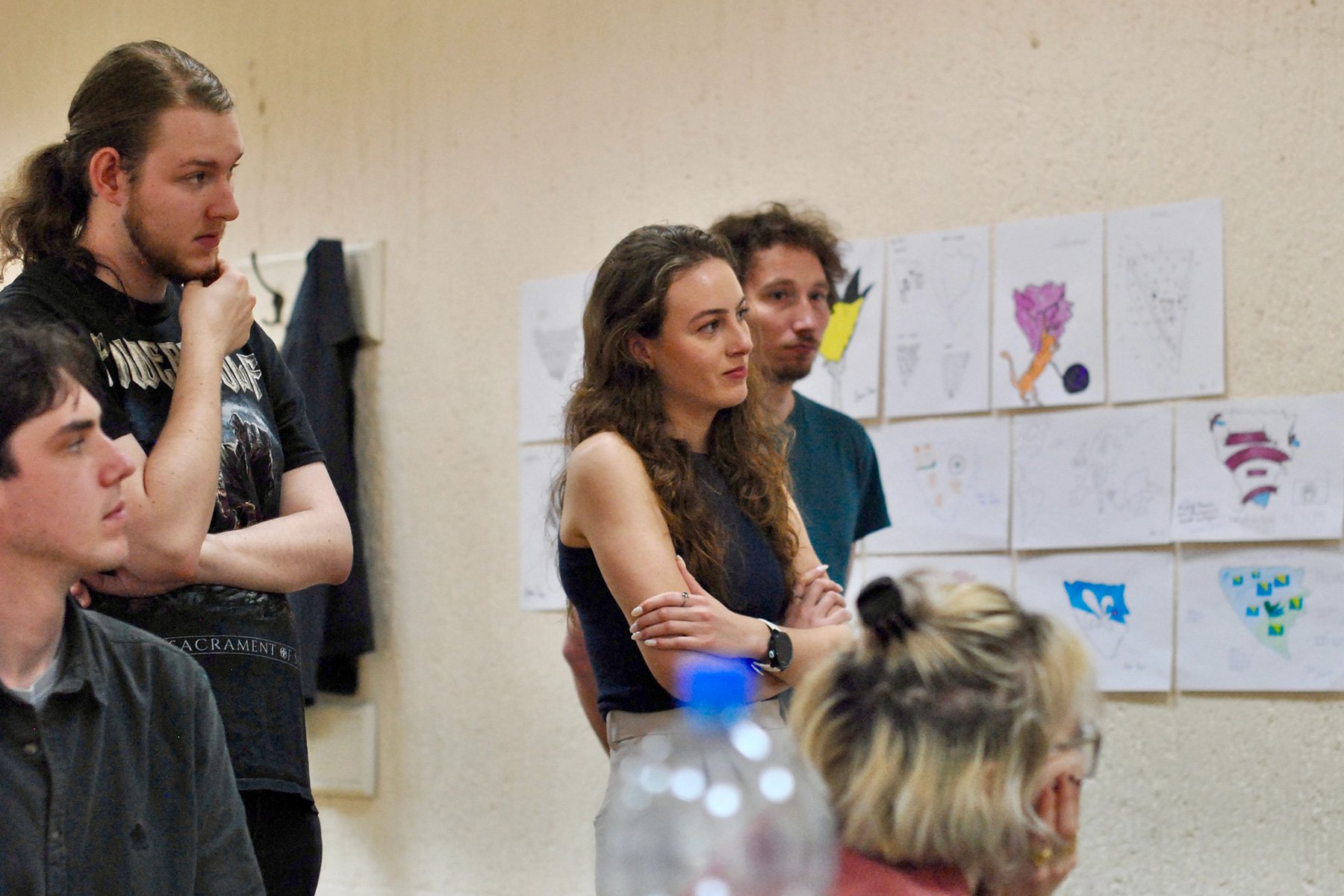


















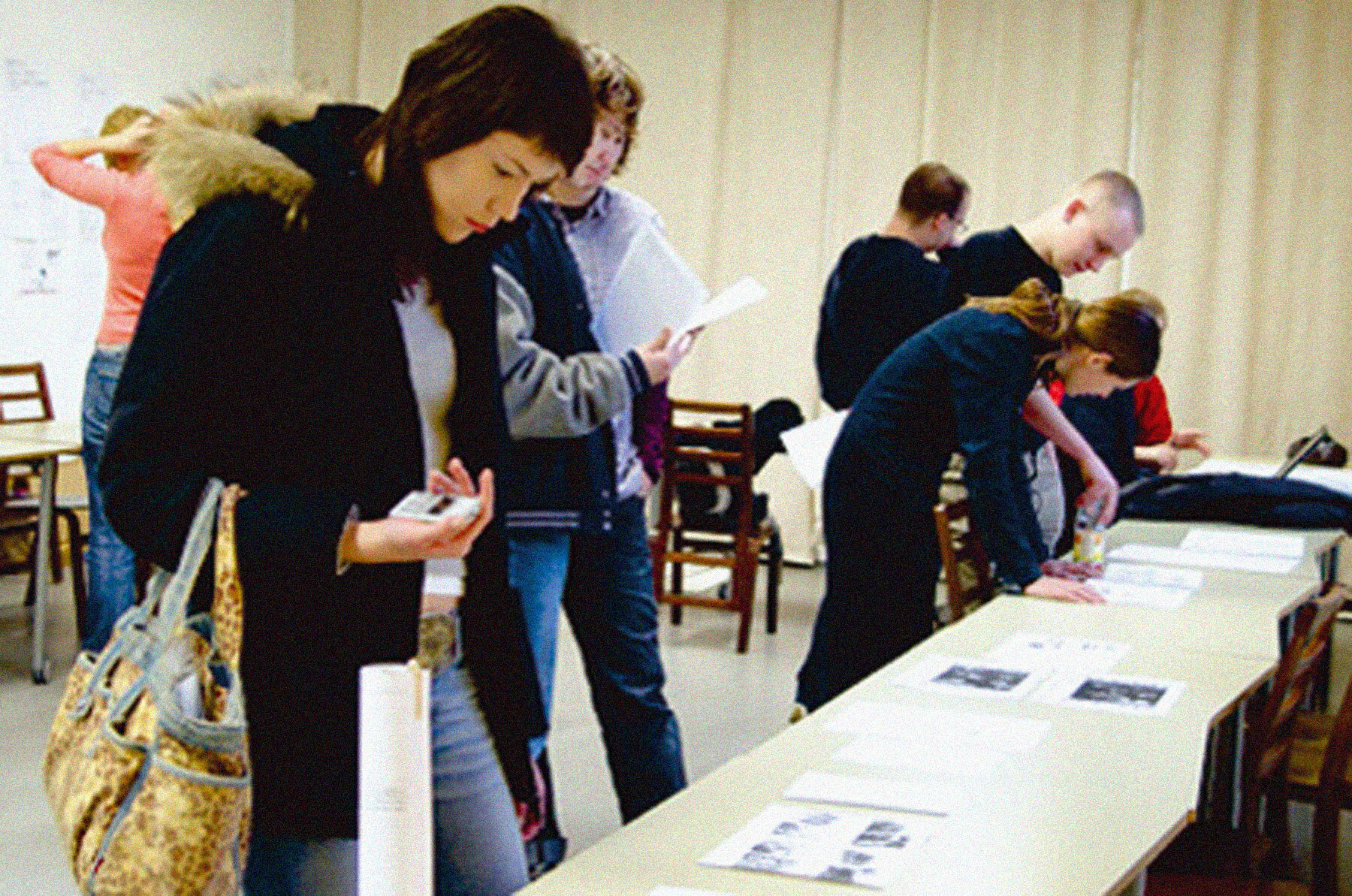






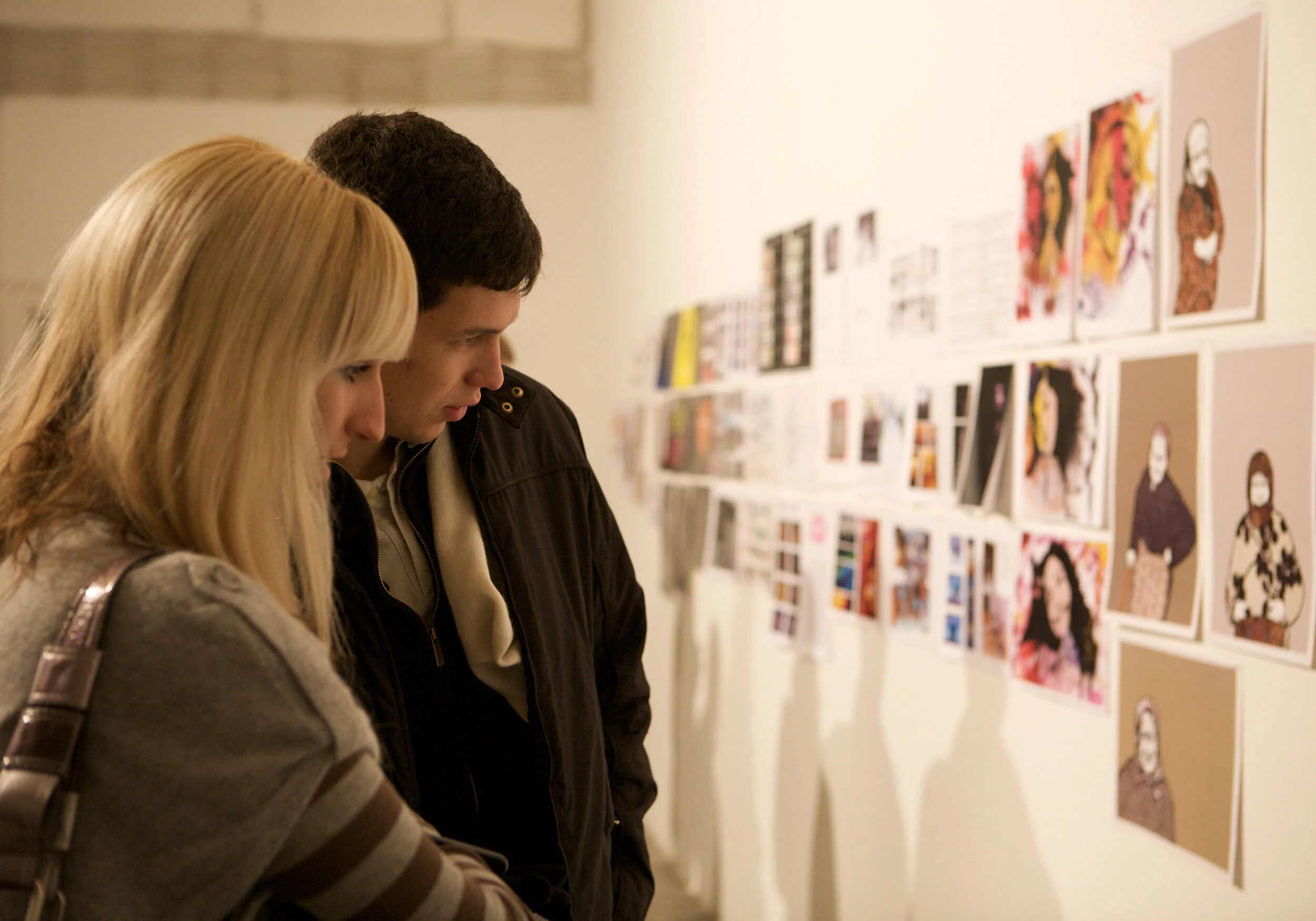
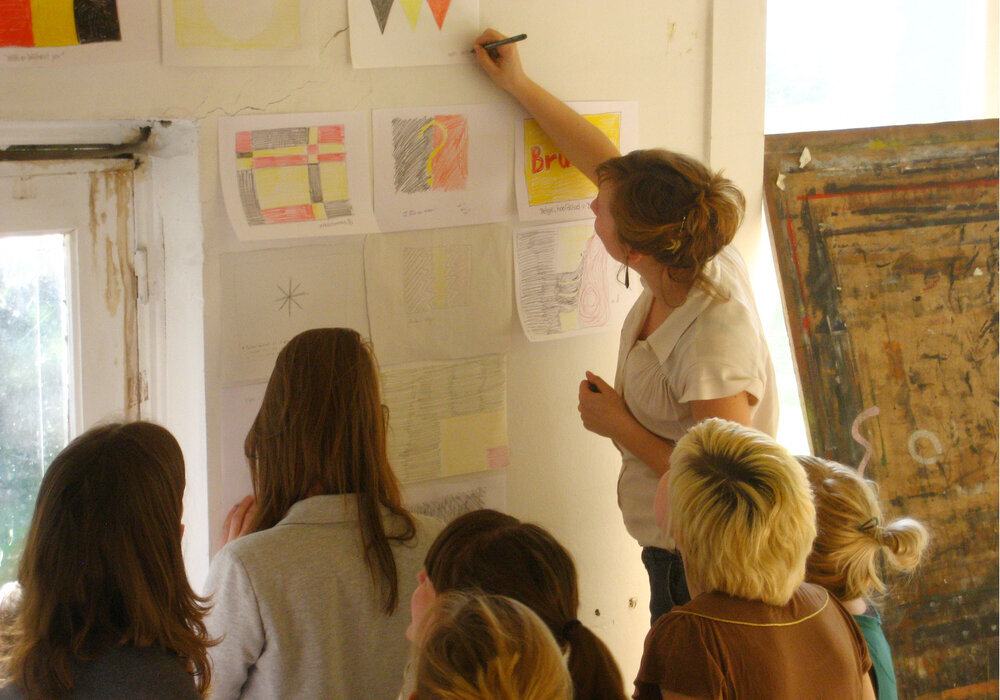
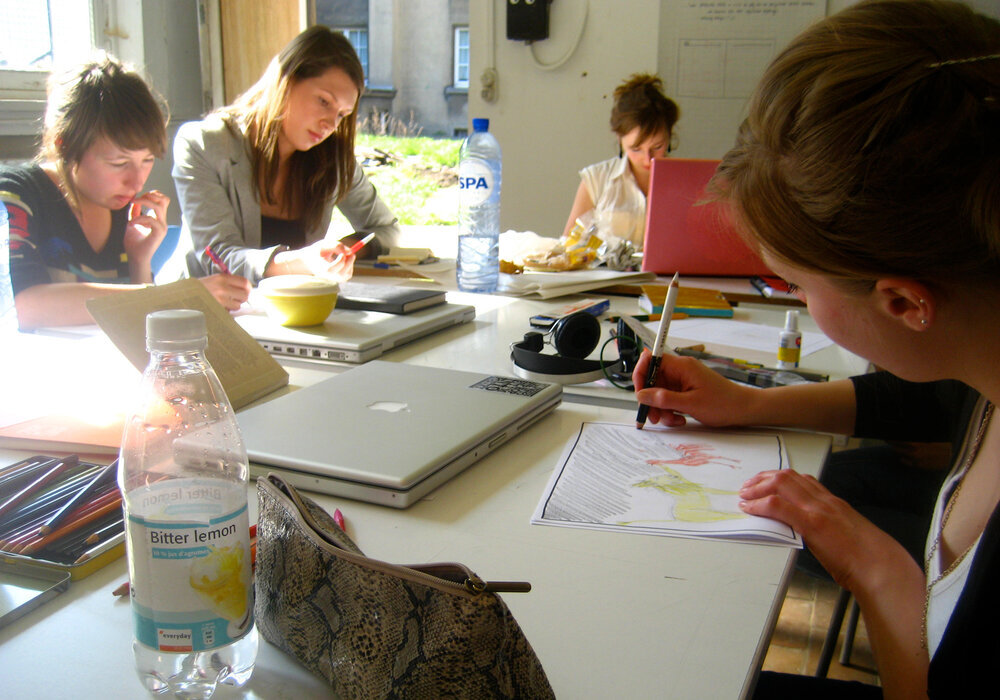
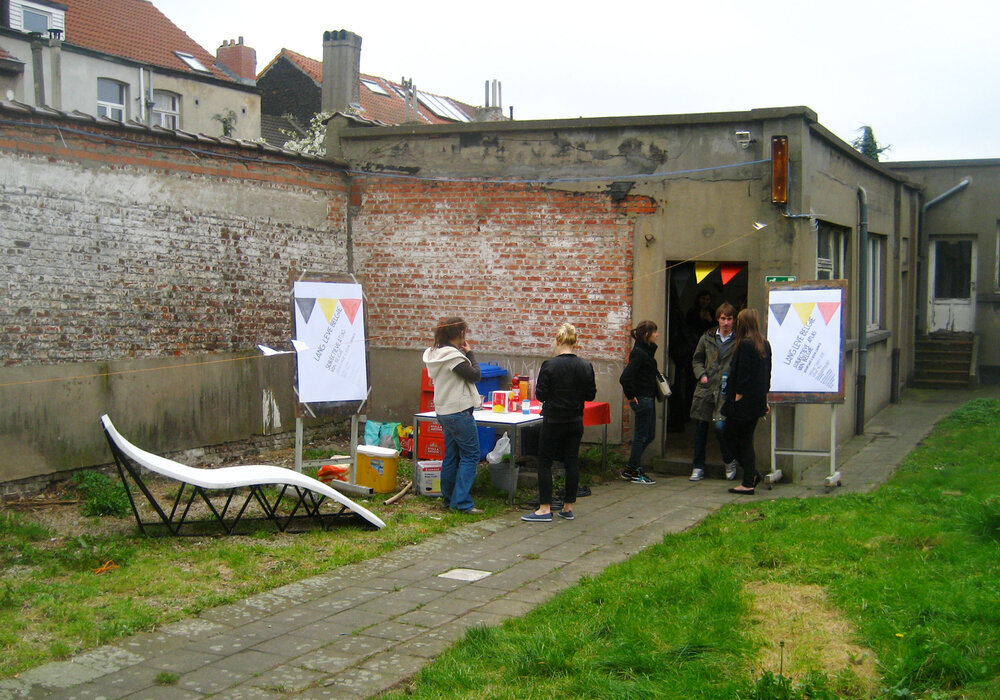
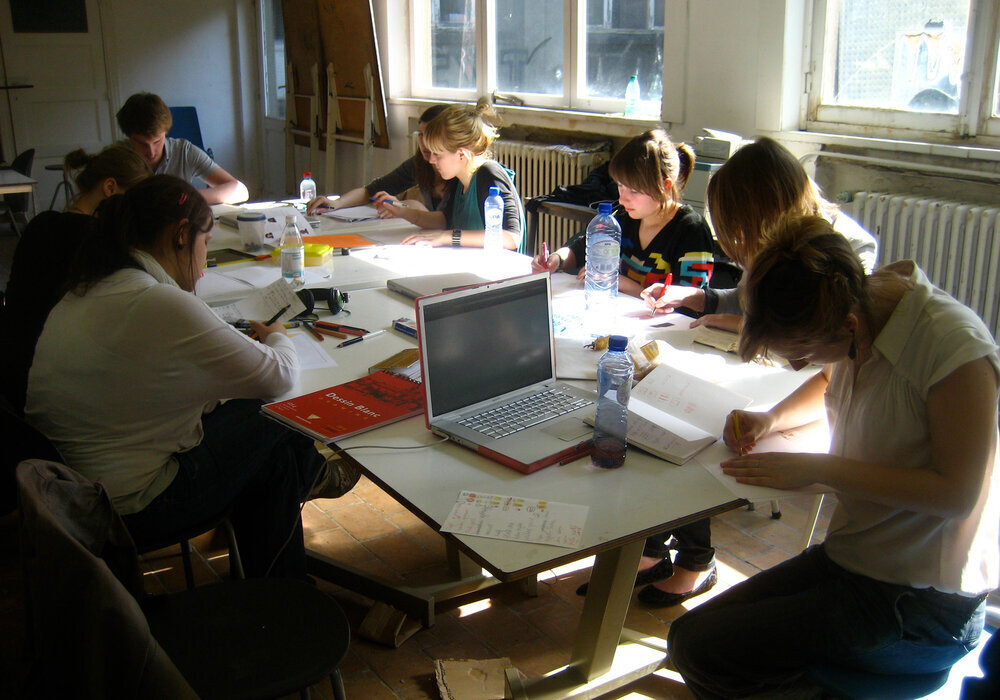

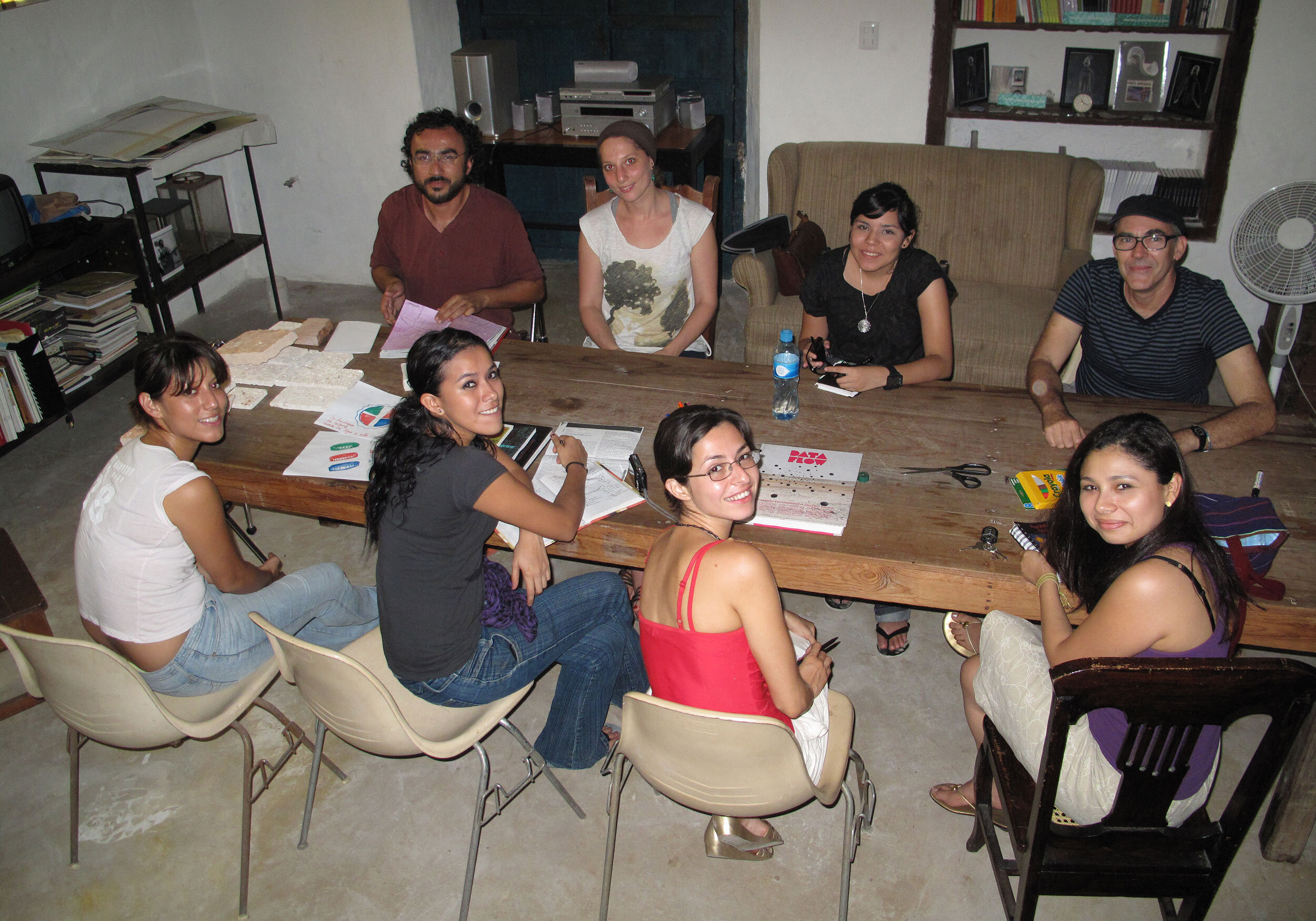




















































































































We work on the basis of invitations by local partners with whom we co-develop a mapping trajectory. Over several workshops, inhabitants of a place are invited to participate in the mapping process by creating a visual representation of what that region personally means to them. Together with the local partner we coordinate the editing, designing, printing, publishing and distribution process of their edition of the Subjective Atlas.
Are you part of a creative network that is politically engaged, socially sensitive, and in need to map other narratives?

The concept of a subjective atlas was developed during a workshop by designer Annelys Devet in 2003, where she invited Estonian design students to map the EU from their perspective. The following year she engaged her students at the Design Academy Eindhoven to map The Netherlands from their experience. Soon after invitations came from international partners (like Kitchen Budapest in Hungary, or the University of Karachi in Pakistan) to collectively develop similar atlases of their geographies. In 2018, Kurt Vanbelleghem and Annelys de Vet joined forces and set up their own publishing platform to spread their efforts in sensitising our worlds through subjective cartographies.

The project offers a platform for collective visual dialogue to challenge social, political and cultural circumstances of our day to day realities. The bottom-up approach questions dominant ways of representing territories and demystifies map-making itself. It is an exploration of the individual in relation to the collective, the subjective in relation to the apparently objective, the personal in relation to the political. This is an emotional geography of lived experiences that opens up political scopes, and contributes to a more pluralistic and sensitive territorial identification.














